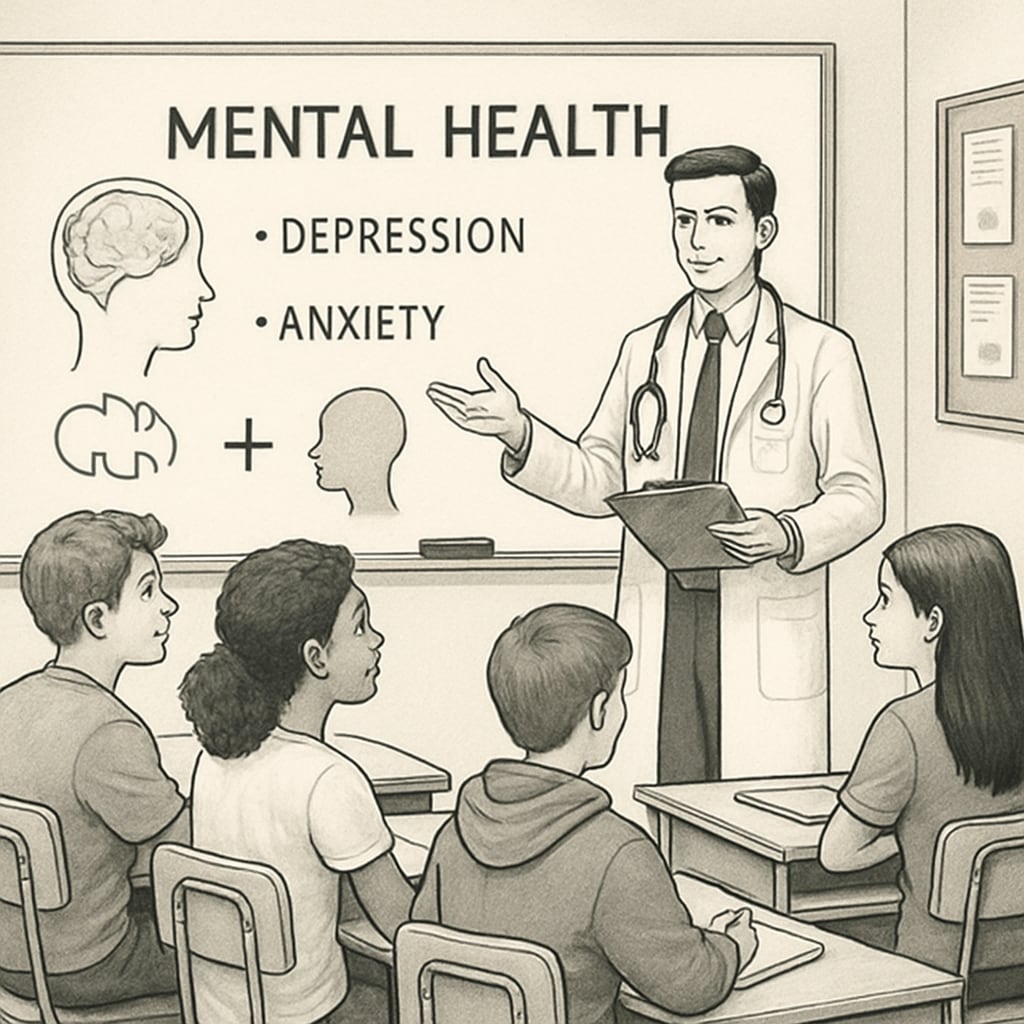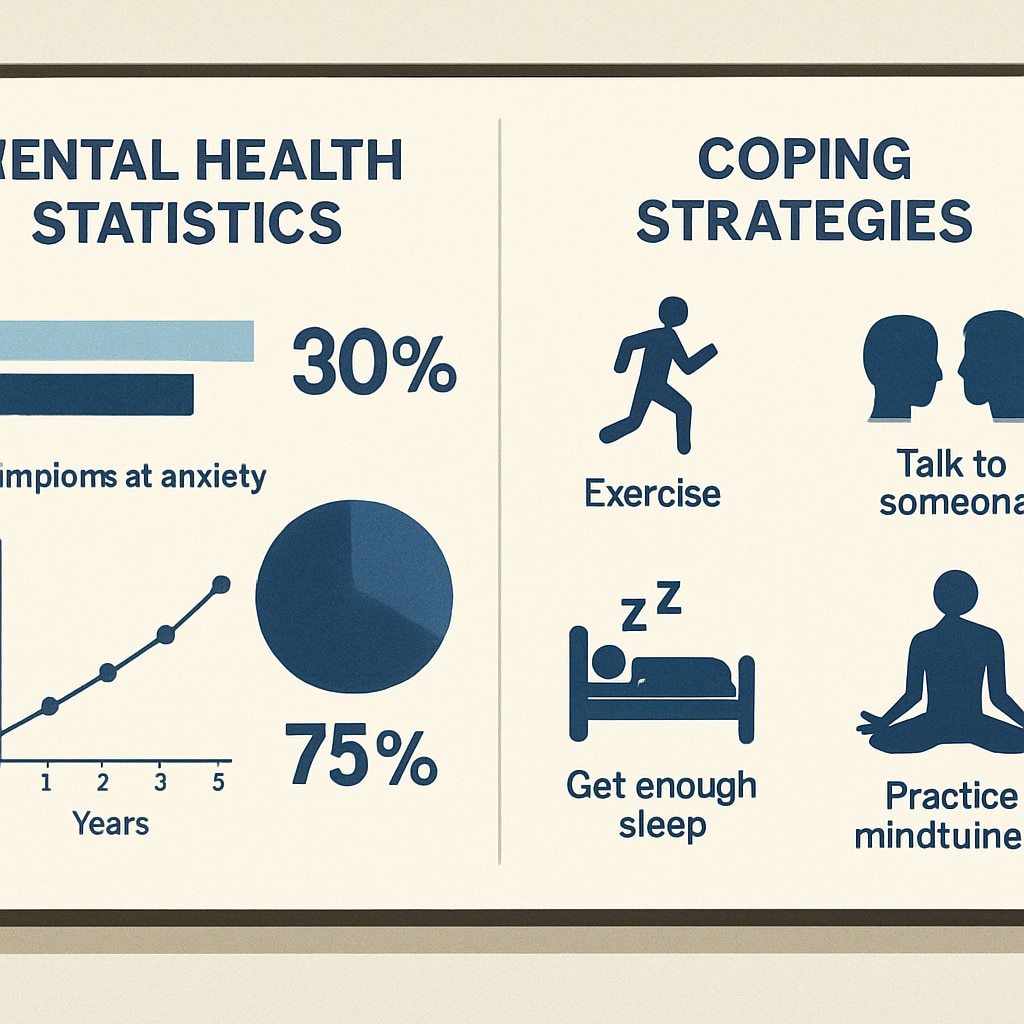Medical students are uniquely positioned to empower youth by conducting mental health workshops in high schools. By leveraging their knowledge and training, they can foster awareness, resilience, and healthy coping mechanisms among teenagers. This article guides aspiring medical students through the process of organizing impactful sessions, including how to establish school partnerships, design engaging content, and deliver effective presentations.
How to Build Partnerships with Schools
Connecting with schools is the first step in organizing a mental health workshop. Establishing trust and collaboration with school administrators ensures the initiative aligns with institutional goals and student needs. To begin:
- Research local schools: Identify high schools with established mental health programs or a need for such initiatives.
- Reach out professionally: Draft a formal email or proposal outlining the purpose, benefits, and logistical details of the workshop.
- Schedule meetings: Request in-person or virtual meetings with school counselors and administrators to discuss collaboration opportunities.
- Clarify expectations: Work with the school to define the scope, audience size, and timing of the workshop.
Building these partnerships is essential for creating a supportive environment where students feel comfortable engaging with sensitive topics.

Designing Effective Mental Health Content
Creating impactful content is central to a successful workshop. Medical students must ensure their presentations are informative, relatable, and age-appropriate. Consider the following tips:
- Understand the audience: High school students may have varying levels of understanding about mental health. Tailor content to be accessible and relevant to their experiences.
- Focus on key issues: Address common concerns such as stress management, anxiety, depression, and social pressures.
- Use interactive methods: Incorporate role-playing, group discussions, and multimedia to keep students engaged.
- Provide actionable advice: Share practical coping strategies and resources for students to use beyond the workshop.
Additionally, medical students should consult school counselors or psychologists to ensure the content aligns with best practices in youth mental health education.

Delivering the Workshop: Tips for Success
Once partnerships are established and content is prepared, the next challenge is delivering the workshop effectively. Medical students can improve their presentation skills by focusing on:
- Engagement: Start with an icebreaker or a thought-provoking question to capture students’ attention.
- Empathy: Create a safe space for discussion by being approachable and nonjudgmental.
- Clarity: Avoid excessive jargon; use simple language to communicate complex ideas.
- Feedback: Encourage students to ask questions and share their thoughts during the session.
Furthermore, medical students can distribute handouts or resource lists to ensure attendees have access to ongoing support.
The Value of Medical Student-Led Initiatives
Medical students bring unique perspectives and expertise to mental health education. By engaging with high school students, they can:
- Raise awareness: Help students recognize common mental health challenges and reduce stigma.
- Build resilience: Equip teenagers with tools to manage stress and emotional difficulties.
- Encourage professional help: Promote the importance of seeking guidance from counselors or therapists when needed.
- Foster community: Create an open dialogue about mental health within schools.
These efforts not only benefit students but also contribute to the professional growth of medical students, enhancing their communication and educational skills.
Conclusion
Medical students have the opportunity to make a meaningful impact by organizing mental health workshops in high schools. Through collaboration, thoughtful content design, and effective delivery, they can empower teenagers to navigate mental health challenges and build resilience. By taking these steps, medical students can play a vital role in promoting youth wellness and creating a healthier future for the next generation.
For further reading: Learn more about youth mental health challenges on Wikipedia’s Mental Health page. Explore effective workshop techniques on Britannica’s Education section.


